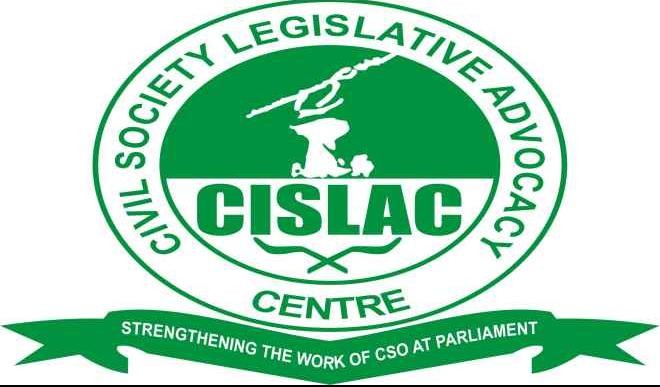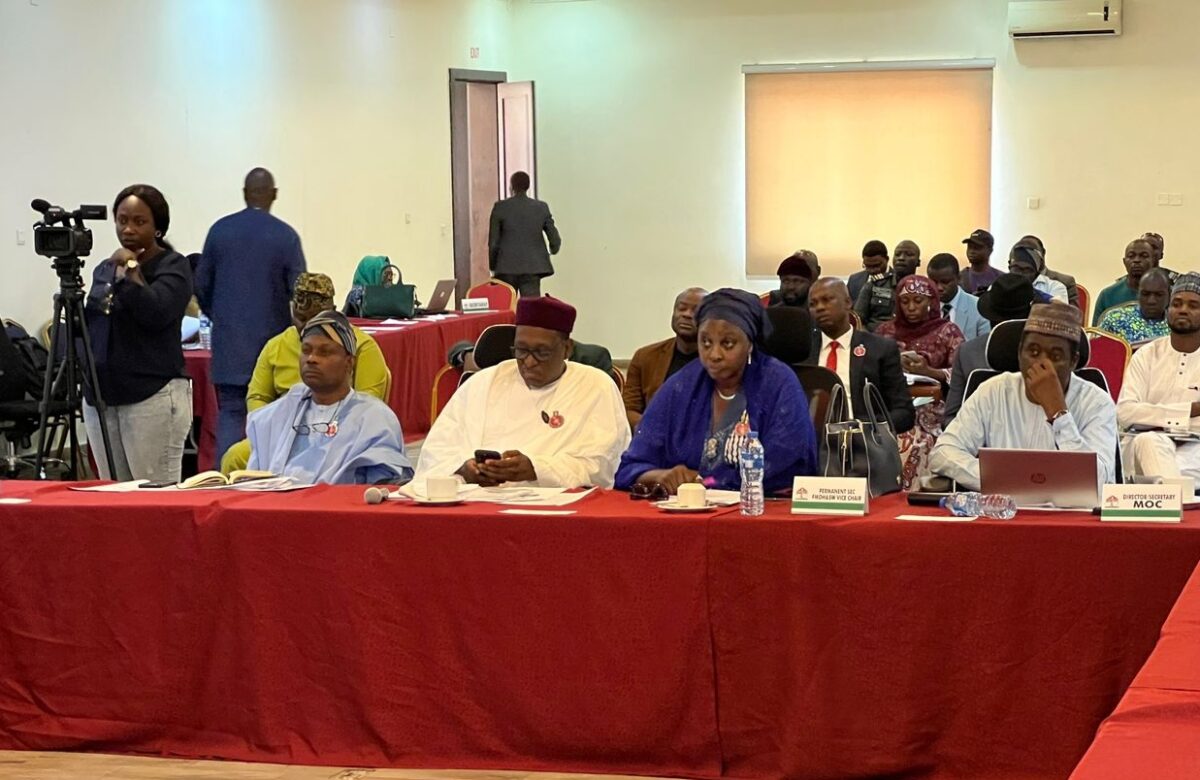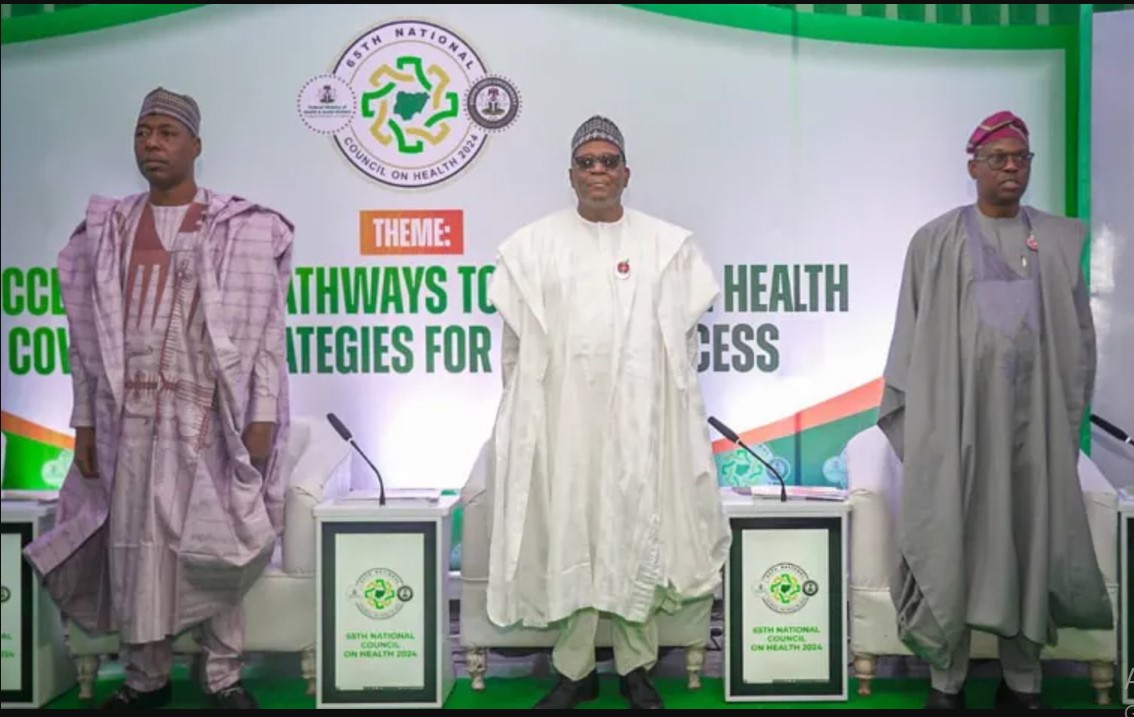
Ministry, CISLAC Advocate Tobacco Taxation As Source Of Revenue For Health Financing
- EconomyHealth Sector
- No Comment
- 412
The Federal Ministry of Health, Civil Society Legislative Advocacy Centre and other partners on Tuesday advocated for increase in tobacco taxation as an innovative way to generate revenue for health sector financing and save many Nigerians dying annually.
The partners, who made the call on Tuesday in Abuja at the launch of ‘Research Report on Tobacco Taxation and Health Financing in Nigeria’, said the measure would help in raising funds to finance development.
Mr Auwal Rafsanjani, Executive Director, CISLAC, said the act would also present Nigeria with a win-win situation in terms of reducing affordability of tobacco products and increasing revenue for development funding.
He said the harmful effect of tobacco use had motivated countries, including Nigeria, to implement control measures to tackle tobacco consumption and affordability.
Rafsanjani said the World Health Organisation Framework Convention on Tobacco Control (WHO-FCTC), identified tobacco taxation as an effective tool for tobacco control.
“Excise taxes are the most effective tax measure for promoting health because they change the price of a harmful product relative to other goods and can be easily increased over time.
“Consumption is reduced best with taxes based on specific taxes on unhealthy products such as sticks and packs of cigarettes.
“Closely linked to the issue of tobacco taxation as a control tool, is the issue of safeguarding population health.
“It is not news, however, that the state of health care delivery in Nigeria remained very abysmal while the world intensified efforts to attain the Sustainable Development Goals,” he said.
Rafsanjani said the governments of African countries met in April 2001 to address health care financing problems, being one of the key determinants of Universal Health Coverage (UHC) and agreed to allocate 15 per cent as health budget.
“As the country defaults on budgeting effectively for health, countries of the world are adopting innovative approach to mobilise resources for health financing which is adopting tobacco taxes as an alternative strategy.
Rafsanjani said the study being launched was commissioned to interrogate the viability of tobacco taxation as a source of revenue generation for health financing in Nigeria. He said the study looked to present empirical evidence to guide policy formulation as Nigeria struggled to meet its health financing gap. He added that it was important to sustain the conversation for tobacco taxation beyond mere revenue collection and generation but to also channel the resources to improve the health sector in Nigeria.
Dr Dolapo Sanni, National Coordinator, Non Communicable Diseases, Public Health Authority, Federal Ministry of Health, identified tobacco epidemic as one of the biggest public health threats that the world had ever faced. Sanni, represented by Mrs Bunmi Oshundele, Medical Laboratory Scientist and Epidemologist, NCDS, said WHO noted that tobacco was killing more than eight million people yearly .
“The death toll from tobacco in Nigeria is huge. The Tobacco Atlas, 6th edition, estimates that more than 26,800 annual deaths occur from tobacco-related diseases in Nigeria.
“The economic costs of tobacco use are substantial and include significant health care costs for treating the diseases caused by tobacco use, as well as the lost human capital that results from tobacco-attributable morbidity and mortality.
“In addressing the tobacco menace, Nigeria signed and ratified the WHO Framework Convention on Tobacco Control in 2004 and 2005 respectively”, she said.
Sanni, however, supported the call for high taxation on tobacco products as “Price increases through taxation have been shown to bring the biggest health benefit to people with the least money to spend, including young people. She said that increasing tobacco tax to discourage people and the prohibition of sales in some cases were some measures put in place, adding that this would help in increasing revenue and decrease tobacco use. She, therefore, commended the advocacy, adding that it would help to contribute in creating a safe society.
The Programmes Officer, Tax Justice Network Africa, Rogers Kidiya, said the pan African organisation was working to advocate for tax policies with proper outcome to develop Africa so it could be sustainable to help its people. Kidiya said that the reason tobacco taxation and health financing was very critical, was the cause of the health burden that comes with its consumption .
“The taxes on these companies in Africa are usually too low .
“In the country of origin of these companies, they are highly taxed but when they come to Africa, the tax regime they negotiate is extremely low.
“What that means is that our people have access to very cheap product that kills, the only part of the body the effect of tobacco does not affect is the ear .
“We cannot debate about the consumption and the health risk now because it is enormous.
“But what we can debate about today is how are we taxing these products? Are we taxing it right? we need to take that measure ,”he said
By Agency Report
https://independent.ng/ministry-cislac-advocate-tobacco-taxation-as-source-of-revenue-for-health-financing/




